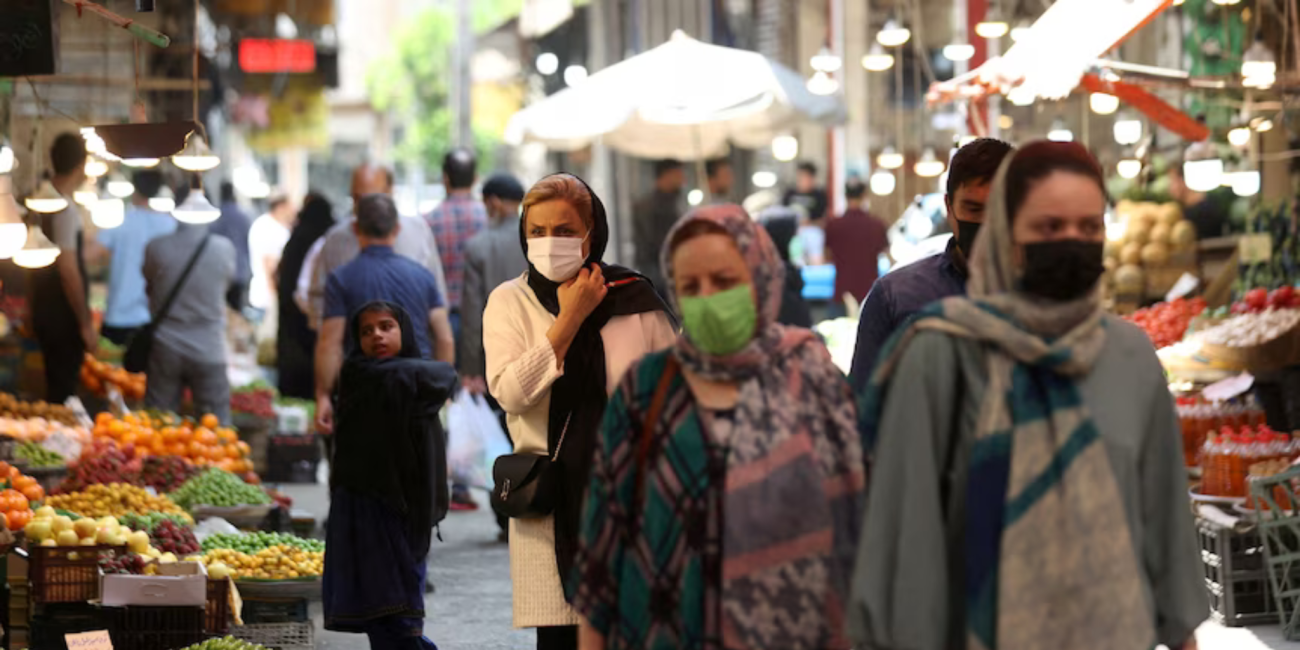Iran lawmakers have passed a new bill that will jail women and girls who refuse to wear the hijab for up to 10 years.
Lawmakers in Iran, where the hijab is mandatory for women, approved on Wednesday the “Support for the Culture of Hijab and Chastity” legislation, which seeks to increase penalties for flouting Islamic dress codes, Telegraph reports.
Iranian lawyers opposed to the new rule say that the 10-year prison sentence is not far off those handed down for the crimes of drug trafficking and, in some cases, murder.
The previous maximum penalty for refusing a hijab was two months’ imprisonment. The maximum fine for the same offence is being raised from roughly £1 to £2,500 under the new law.
Under Iranian law, which is based on the country’s interpretation of Sharia, women and girls above the age of puberty must cover their hair with a hijab and wear long, loose-fitting clothing to disguise their figures.
The bill also proposes fines for those “promoting nudity” or “making fun of the hijab” in the media and on social networks and for owners of vehicles in which a female driver or passenger is not wearing the hijab or appropriate clothing, according to AFP news agency.
Any person who promotes violating the dress code “in an organised manner” or “in co-operation with foreign or hostile governments, media, groups or organisations” could also be imprisoned for between five and 10 years, it says.
The bill will now be sent for approval by the Guardian Council, a conservative body of clerics and jurists. They have the power to veto the bill if they consider it inconsistent with the constitution and Sharia.
The law was passed just days after the first anniversary of the death in police custody of Mahsa Amini, which triggered unprecedented anti-regime protests across Iran. Mahsa, 22, had been detained by the Iranian morality police for incorrectly wearing her hijab and was beaten to death by officers.
Since those protests, a growing number of women have been flouting the hijab in public, even though they risk meeting the same fate as Mahsa.
Earlier in September a panel of UN experts, including the special rapporteur on human rights in Iran, warned that the regime’s new law amounted to a form of “gender apartheid”.
“The draft law could be described as a form of gender apartheid, as authorities appear to be governing through systemic discrimination with the intention of suppressing women and girls into total submission,” they said in a joint statement.
The law will be in place for three years following the vote in Iran’s Consultative Assembly, though it still needs to be approved by the powerful Guardian Council, an all-male body that vets legislation.
Iranian officials have also sought other means of pressuring women to wear the religious garment, such as confiscating the cars of those who refuse.
In one particularly grim case, a woman was reportedly forced to wash corpses as punishment for not wearing a hijab.










